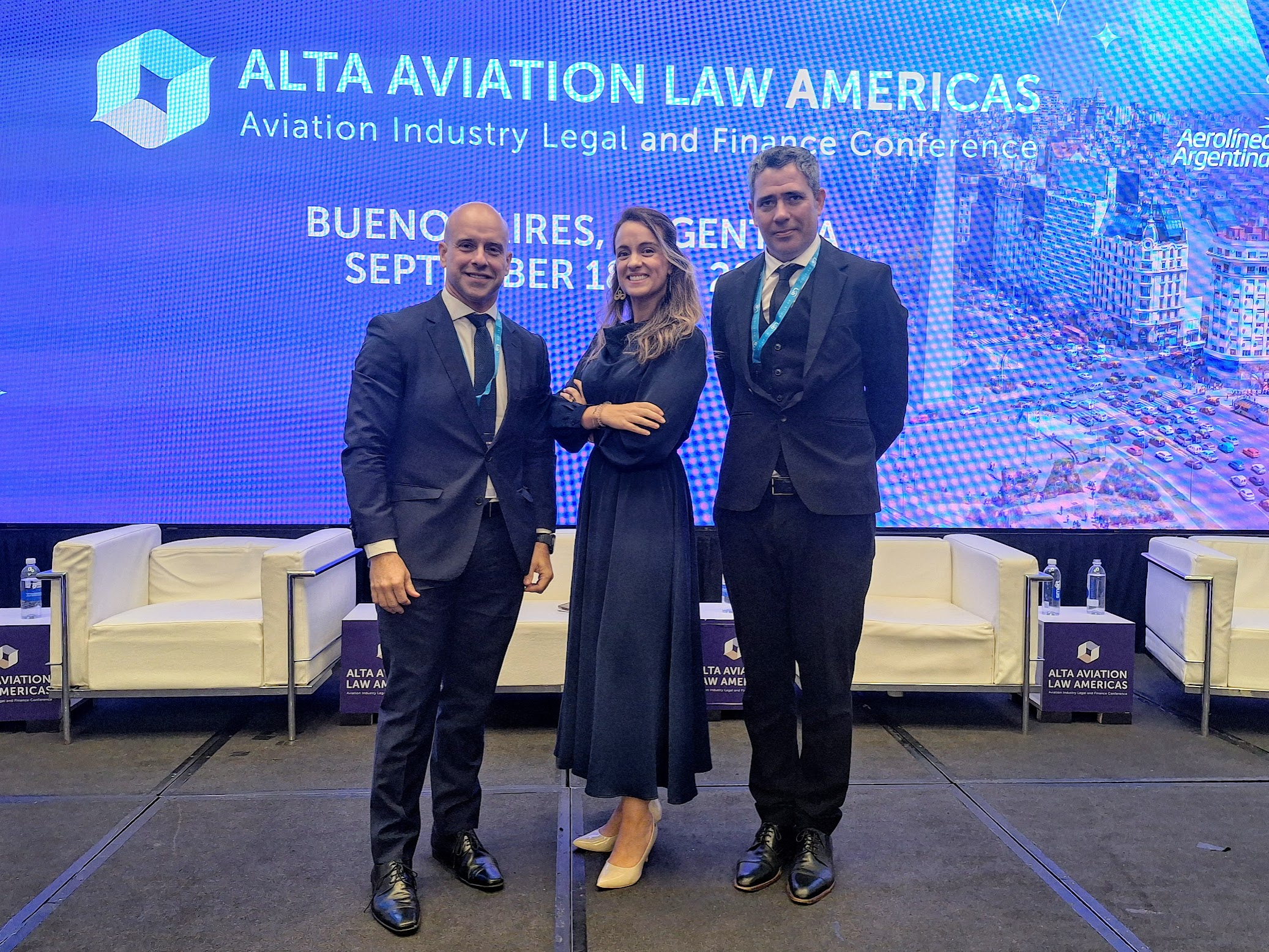Source: ALTA

During the ALTA Aviation Law Americas event, held in Buenos Aires, the role of fiscal policies in the competitiveness and sustainability of the aviation industry was widely discussed. The panel “Taxation Challenges: Threats to the Aviation Industry in Latin America,” moderated by Marcelo Guaranys, partner at Demarest Advogados, analyzed the UN Tax Committee’s proposal to shift the current residence-based tax model, which taxes airlines in their home country, to an origin-based model, where taxes would be collected in all countries where revenue is generated.
Guaranys emphasized the importance of keeping taxation simple for airlines, given the sector’s many specificities. “Due to the international nature of operations, the proposed measure could result in double taxation, both in the country of origin and the destination, which would increase costs for airlines and, consequently, for passengers. We need to ensure that aviation remains a competitive and accessible sector without adding additional obstacles,” he said.
Carlos Protto, Director of International Tax Relations at Argentina’s Federal Revenue Agency, raised concerns about the structure of the UN Tax Committee, where tax experts act in a personal capacity, potentially weakening the proposal. “We are seeking a proper balance between tax collection and creating an environment that supports the growth of the aviation sector, emphasizing the importance of adjusting global policies to combat tax evasion and promote tax fairness,” he noted.
According to data from the 2024 Competitiveness Index, conducted by ALTA and Amadeus, Argentina stands out for having the highest tax burden in the region on airline ticket sales, totaling 72% of the final price. In contrast, countries like Brazil and Chile do not apply VAT to international tickets, reflecting a more favorable policy for promoting international air transport and highlighting the importance of maintaining competitiveness and accessibility.
Ligia da Fonseca, IATA’s Global Head of Tax Policy, highlighted the urgency of global tax harmonization: “The current UN Tax Model Convention minimizes unwarranted administrative and financial burdens for airlines, while fostering a stable fiscal environment to support air connectivity, economic growth, and social development.” Ligia expressed concerns regarding the potential revision of Article 8 of the said model convention, which could lead to the double taxation of airlines’ profits. The IATA representative also stressed the importance of following the existing international tax policies – approved by the UN specialized agency for aviation, the International Civil Aviation Organization (ICAO) – to prevent profound negative impacts on the aviation sector, particularly in developing countries.
The panel concluded with a strong call for collaboration between governments, airlines, and international organizations to create a harmonized tax system. The formation of a more integrated and efficient fiscal environment is seen as essential to strengthening competitiveness and ensuring the sustainable development of aviation in Latin America.
